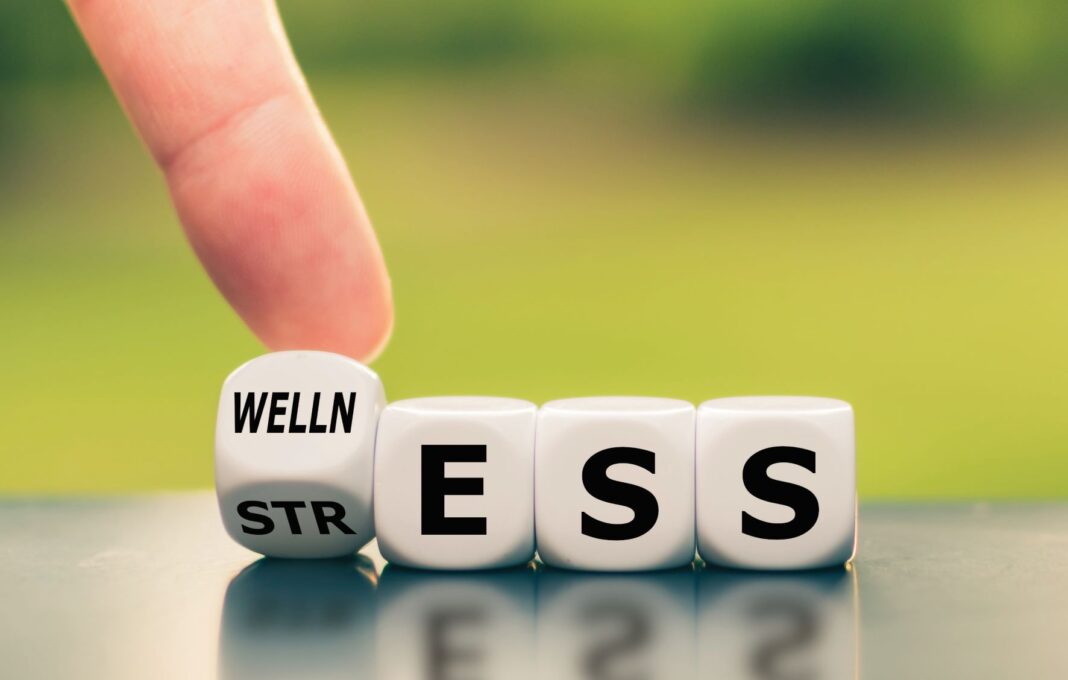One of the myths about wellbeing is that you almost have to get everything just right for your body and mind to be healthy and well.
Let’s face it – when we’re feeling good, we often take our wellbeing for granted. It’s often only when we are unwell or in pain that we start to pay attention. In response to our experience of suffering we review the ingredients that underpin our wellbeing like diet, activity levels, stress, emotional health and so on.
If you are already healthy then you have quite a lot of margin for error. Take nutrition for example. If you’re symptom free and you eat a diet based on nutrient-rich foods 80% of the time, you can indulge in foods that delight the senses but are not so good for you nutritionally 20% of the time. This is referred to as the 80/20 rule and can be applied to many aspects of health, not just nutrition.
Wellbeing is a dynamic thing; it’s not somewhere you arrive at and take up residence. One of my favourite quotes comes from O-Sensei, the founder of the Japanese martial art of Aikido. One of his students asked him how he managed to never lose his balance. He replied: “I lose my balance all the time. I just regain it so fast that nobody notices.”
Whilst O-Sensei was talking about balance in the physical sense, the same applies in the broader notion of maintaining your equilibrium. You will work too hard some days, you will eat too much pizza and drink too much wine, you’ll experience emotional as well as life upheavals. The key is what you do next in order to tilt your path back towards balance.
If a long hard week at work is followed by a weekend of replenishing and relaxing, then you will feel okay when Monday rolls around. If you over-indulge one evening, then be kind to your body the next day with lighter food. Be thoughtful to your body and mind and you can expect to enjoy robust and resilient wellbeing.
For more stories:



